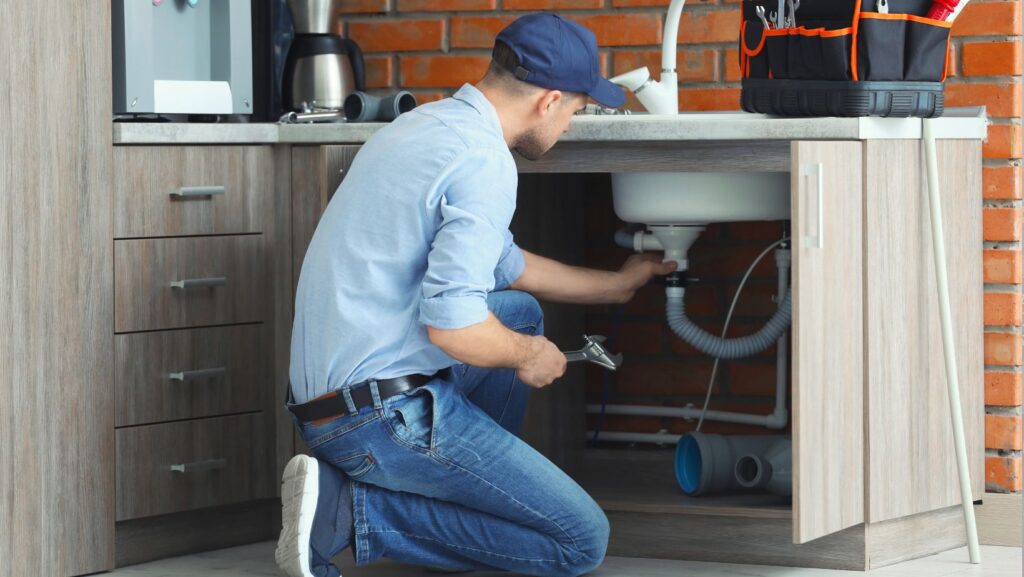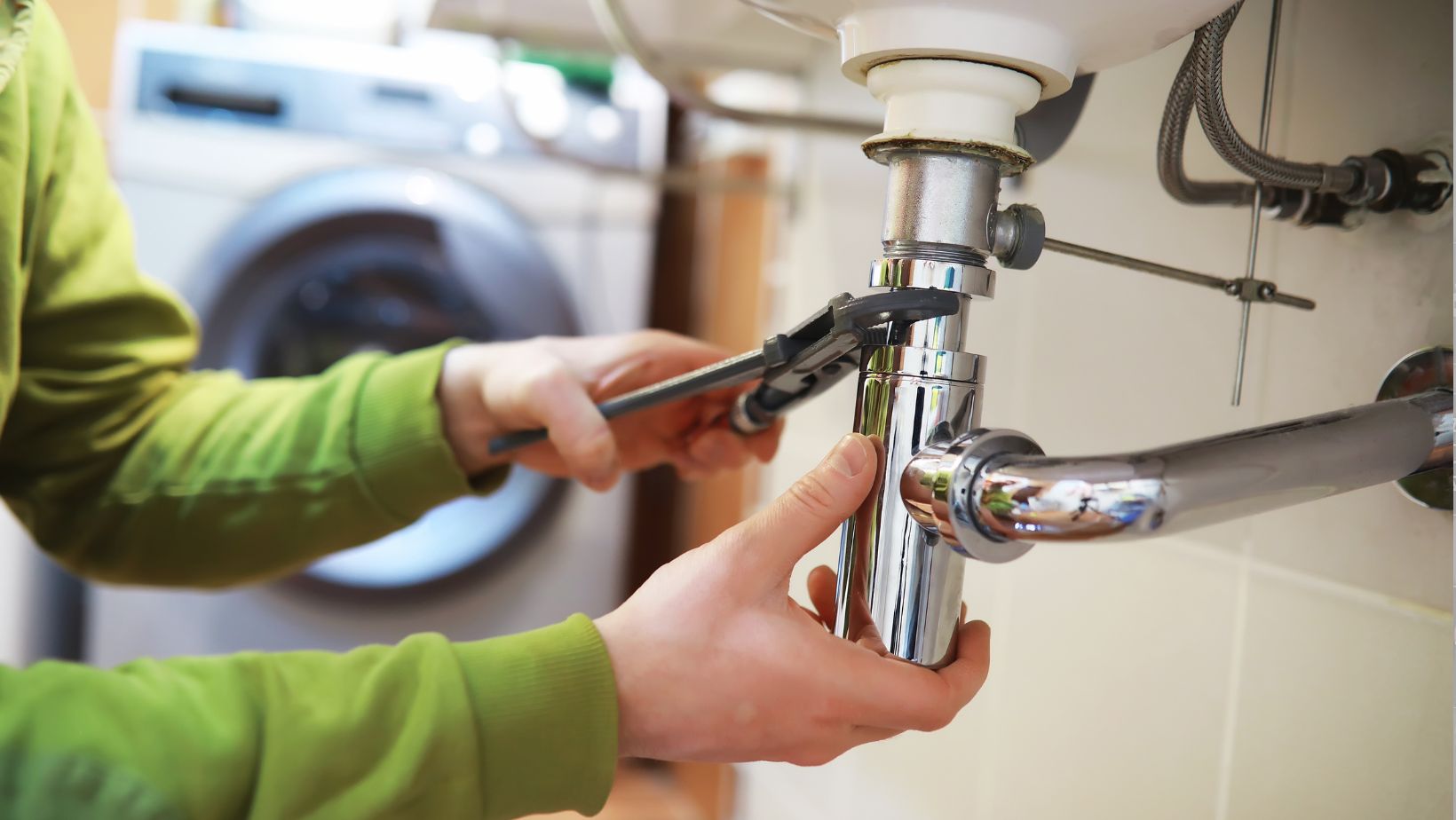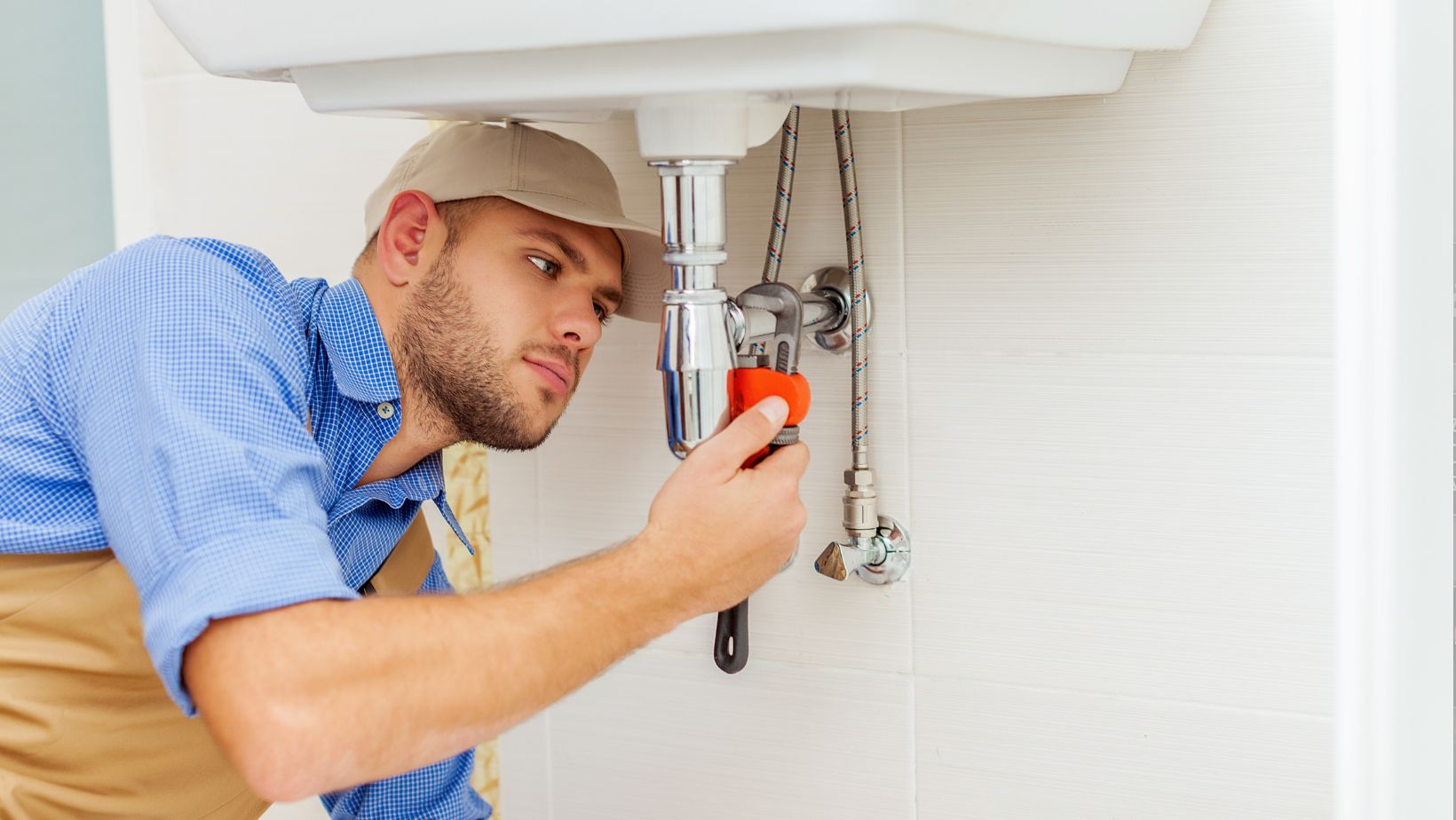
We’ve all been there – the water’s not draining, the sink’s full, and there’s a nasty smell wafting from the pipes. A blocked drain can be a real headache, but don’t call the plumber just yet. I’m here to share three simple, DIY tips that can save your day – and your wallet.
Whether you’re a seasoned DIY enthusiast or a newbie homeowner, you’ll find these tips handy. They’re practical, easy to follow, and most importantly, effective. So, let’s dive in and get that drain flowing freely again.
Understanding Drain Blockage Causes
Recognizing why drain blockages occur forms part of the solution to preventing them. Applying our focus to these factors, let’s delve deeper into the causes and consequences of the plumbing nightmares we commonly face.
Common Causes of Blocked Drains
Blocked drains typically result from a variety of causes, each of which can pose a unique set of challenges:
- Food Debris: Cooking practices contribute to blocked drains when food particles get washed down the sink. Oils, fats, and any granular substance tend to adhere to pipe interiors, accumulating over time.
- Hair: Shower or bathroom sinks are frequented by clumps of hair. Over time, they cluster together causing obstructed water flow.
- Non-flushable Items: Toiletries, wet wipes, and other garbage items commonly thrown into toilets can obstruct the smooth pathways of sanitary plumbing systems.
- Tree Roots: Roots can invade sewer pipe cracks, hindering water movement.
By identifying these usual suspects, one can take adequate measures and implement regular habits to prevent blocked drains and a potential plumbing crisis.
How Blockages Affect Plumbing Systems
Blockages hold the potential to wreak havoc on plumbing systems. They can lead to:
- Slow Drainage: Hair, grease, and other debris cause water to drain at a sluggish pace, signifying a blockage.
- Unpleasant Odors: Organic matter stuck in drains begins decaying, releasing foul odors.
- Recurring Clogs: Drains unwilling to stay clear consistently are often indicative of a larger blockage within the system.
- Multiple Clogged Drains: A prevalent blockage in the main line might lead to more than one sink or tub experiencing drainage issues simultaneously.
- Flooding Risks: Severe blockages can make water back up and overflow, raising threats of potential flooding.

An understanding of how these factors distress plumbing systems allows us to better prevent them, conserving both time and resources in the process. Recognizing the signs helps in taking prompt action and addressing minor issues before they snowball into costly repairs.
Got a blocked drain? Here you’ll find practical ways to clear it quickly and effectively. However, if these methods didn’t work for you, we recommend contacting drain cleaning services in Seattle – Ben’s Plumbing
Use Boiling Water
Hot water proves highly effective in melting fats and loosening debris, leading to clearer drains. Here are the steps:
- Boil a kettle of water.
- Remove any standing water in the sink.
- Pour the boiling water down the drain. Over melting fats, like oil and butter, boiling water has a beneficial effect.
Remember, not to use boiling water in PVC pipes. It could soften the pipe material, causing damage.
Try a Plunger or a Plumber’s Snake
When boiling water isn’t enough, manual effort may do the trick. A plunger or a plumber’s snake can break up blockages and clear the way. Follow these steps:
- Cover the overflow openings with a damp cloth.
- Fill the sink halfway up with water.
- Apply firm and steady pressure with the plunger to dislodge the blockage.
A plumber’s snake works differently. It pushes through the blockages, unclogging the pipe. This device is useful if blockages persist after plunging.
Know your limits though. If these methods don’t work, call a professional. Prolonged DIY attempts might cause more damage to the pipes.
Chemical Cleaners and Natural Alternatives
The next step up is using chemical cleaners. These powerful solutions break down common clogs like hair and grease. But, they’re harmful to the environment and potentially damaging to pipes.
Consider natural alternatives, like baking soda and vinegar. This solution, while gentler, can also be effective at breaking down blockages. Just combine equal parts of each in a cup, pour it into the drain and let it sit for about an hour before rinsing with hot water.
Preventing Future Drain Blockages
Previous sections have discussed DIY fixes for drainage issues. Now, let’s shift the spotlight on preventive measures.

With a focus on “prevent blocked drains,” this section explores how regular maintenance and certain precautions can avert future drain blockages.
Regular Maintenance Tips
Practicing routine maintenance goes an extended way in preventing unpleasant surprises in your drainage system. Here are a few tips:
- Conduct frequent inspections. Monitor your drains and pipes regularly for any signs of impairment. For example, the presence of mold, bad smell, or water pooling around drains.
- Rinse with hot water. One of the simplest methods to keep your drains clear is pouring boiling water down them, each week. It helps melt accumulated fat and grease.
- Utilize natural cleaners. Try natural solutions like a mixture of baking soda and vinegar, using them every month for healthy drains.
- Hire professional cleaning. Despite regular efforts, it’s crucial to get your drain professionally cleaned, annually. They possess specialized equipment and knowledge.
What to Avoid Putting Down Your Drains
Future drain blockages are also avoidable by being mindful of what goes into your drains. Here are a few things to refrain from:
- Disposing food waste. Instead of washing down food particles down the sink, consider composting or utilizing a garbage bin.
- Flushing non-flushable items. Avoid flushing baby wipes, tissues, paper towels, and similar items in the toilet.
- Pouring grease and oil. These substances solidify in pipes causing clogs. Opt for a container for their disposal.
- Depositing hair into drains. Prevent hair from washing down the shower drain with a simple hair catcher.
Proper maintenance and thoughtful use prevent blocked drains, sparing you from potential plumbing woes in the future.












